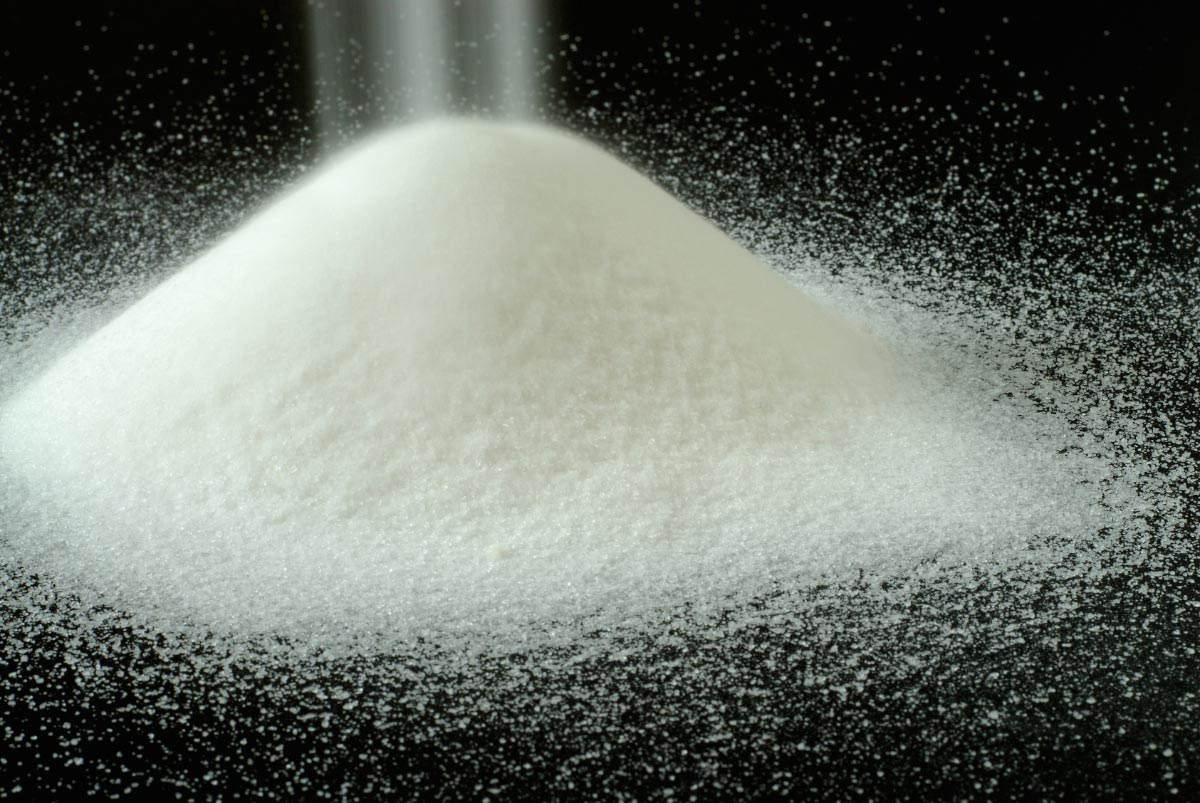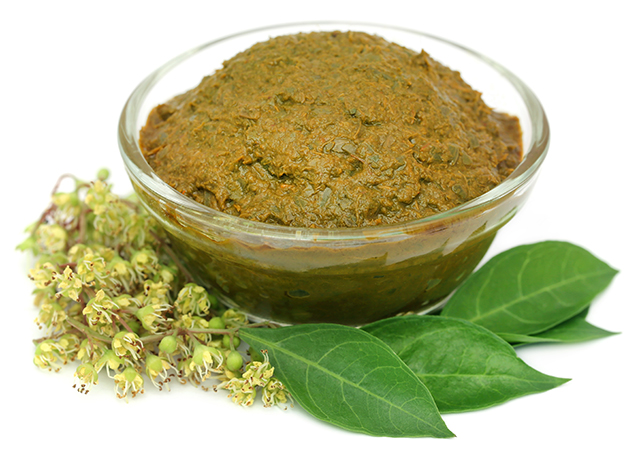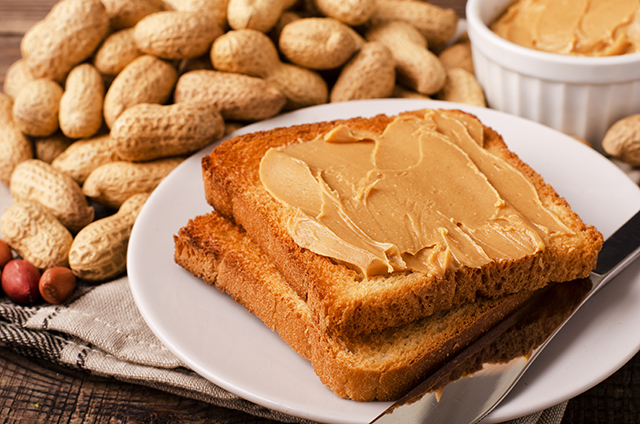Artificial sweeteners found to cause weight gain
07/20/2017 / By Russel Davis

A study published online on the Canadian Medical Association Journal website revealed that using artificial sweeteners may increase the odds of long-term obesity and related conditions such as diabetes, high blood pressure, and heart disease. The use of artificial or non-nutritive sweeteners — such as sucrose, stevia, and aspartame — picked up steam in the previous years. However, the practice has been subjected to much scrutiny, especially from health care professionals, about its potential adverse effects on the body’s overall health.
To carry out the study, a team of researchers from the University of Manitoba’s George & Fay Yee Centre for Healthcare Innovation reviewed 37 studies with a total cohort population of more than 400,000 people for an average of 10 years. Only seven of the studies were randomized controlled trials. The meta-analysis revealed that longer observational studies showed a direct correlation between artificial sweeteners and increased odds of developing obesity and diabetes. The findings also demonstrated a link between artificial sweeteners and a higher risk of high blood pressure, cardiovascular disease and other adverse health conditions.
According to co-author Dr. Ryan Zarychanski, very few patients were examined in clinical trials for the said products. This, despite millions of people already consuming artificial sweeteners. Research data showed that artificial sweeteners do not produce the intended benefits of weight management, Dr. Zarychanski said.
“The results showed a statistically significant association between consumption of artificial sweeteners and higher risks of diabetes and heart disease, as well as increased weight gain…caution is warranted until the long-term health effects of artificial sweeteners are fully characterised. Given the widespread and increasing use of artificial sweeteners, and the current epidemic of obesity and related diseases, more research is needed to determine the long-term risks and benefits of these products,” said lead author Dr. Meghan Azad.
Animal study shows similar link between sugar substitute, health woes
The recent study was reflective of previous research demonstrating a link between noncaloric artificial sweeteners (NAS) and diabetes. In fact, an animal study published in 2014 showed that artificial sweeteners may actually interfere with the intestinal bacteria, which in turn may lead to adverse metabolic changes that impact the body’s overall health.
As part of the study, a team of health experts at the Weizmann Institute of Science in Israel examined mice models that were given three types of drinking water for 11 weeks. The first group was given water with glucose and an artificial sweetener such as saccharin, sucralose, or aspartame. The other groups received either water alone or water supplemented with sugar.
The research team found that mice that drank the water with NAS exhibited glucose intolerance or increased blood sugar levels compared with the other groups. According to the experts, this increase was due to changes in gut bacteria. The scientists also noted that several bacteria that underwent certain changes following NAS intake were associated with type-2 diabetes onset in humans. (Related: Artificial sweeteners alter gut bacteria and cause metabolic dysfunction leading to obesity and diabetes.)
“Together with other major shifts that occurred in human nutrition, this increase in NAS consumption coincides with the dramatic increase in the obesity and diabetes epidemics. Our findings suggest that NAS may have directly contributed to enhancing the exact epidemic that they themselves were intended to fight. Moreover, our results point towards the need to develop new nutritional strategies tailored to the individual while integrating personalized differences in the composition and function of the gut microbiota,” the researchers quoted on the Medical News Today website.
Sources include:
Tagged Under: artificial sweeteners, aspartame, diabetes, obesity, sucralose, sugar substitute, weight gain




















